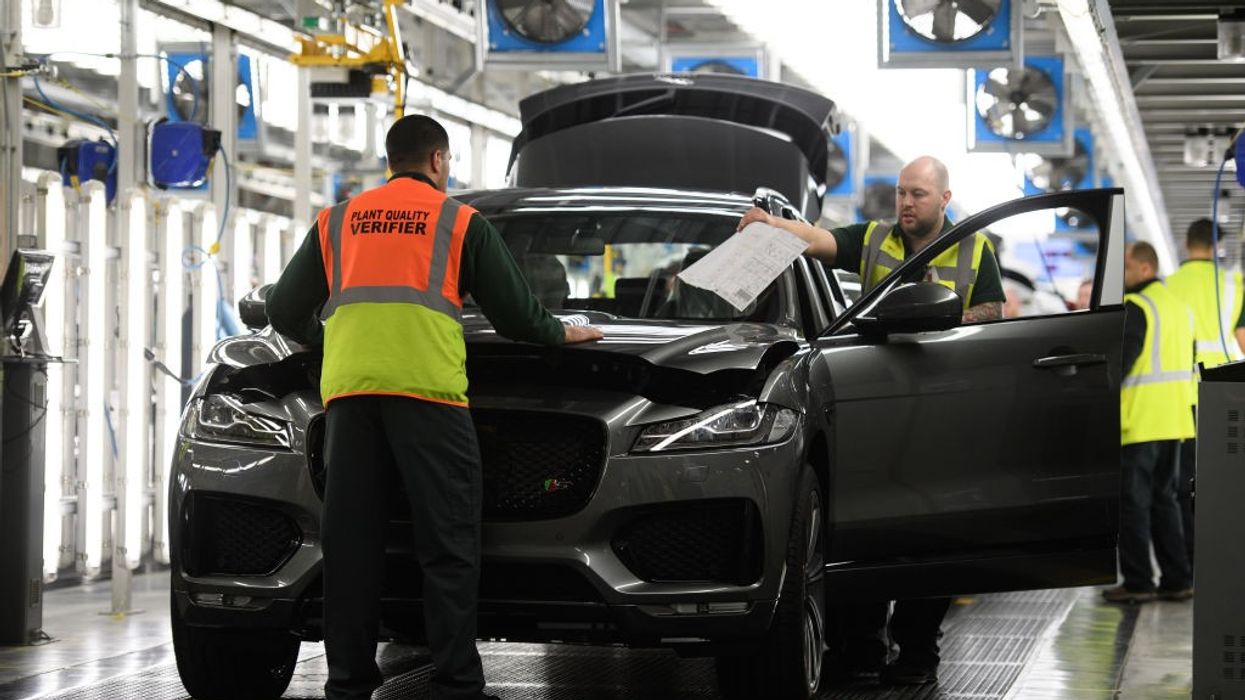INDIA's Tata Motors-owned Jaguar Land Rover (JLR) has returned to normal production in the UK after a major cyberattack forced the company to shut down its factories for several weeks, hitting sales, supply chains and the wider economy.
The British carmaker halted its systems in early September to contain the attack. Production restarted in phases from October, and the company confirmed on Friday (14) that operations are now back to normal across its UK sites in Solihull, Halewood and Wolverhampton.
The shutdown had deep financial and economic consequences. According to reports, JLR reported cyberattack-related costs of £196 million in the second quarter, with wholesales falling 24 per cent and retail sales down 17 per cent year-on-year.
Britain’s economic growth in the third quarter was also held back by the disruption at the company.
The Telegraph said that JLR experienced a £1.5 billion fall in sales, with quarterly revenues dropping from £6.4bn to £4.9bn during the incident.
The company posted a £485m loss for July to September, compared with a £398m profit a year earlier. The newspaper report also noted that the shutdown was described by experts as the most expensive cyberattack in UK history, affecting showrooms, repair shops, logistics chains and thousands of suppliers.
Richard Molyneux, JLR’s finance chief, said that the incident had been “like nothing else” in his 33-year career. He said operating in cyberspace presented far greater uncertainty than dealing with tariffs or other financial pressures.
According to reports, government officials are considering the possibility of Russian involvement, though investigations remain ongoing. A hacking group calling itself “Scattered Lapsus$ Hunters” has also suggested responsibility, but JLR has not confirmed any details.
The wider impact was significant. The Cyber Monitoring Centre estimated a £1.9bn blow to the UK economy due to JLR’s footprint and the “deep impact” on supply chains. About 5,000 organisations linked to the company were affected.
JLR said its response focused on restoring client, retailer and supplier systems. Chief executive Adrian Mardell said the company had made “strong progress” in recovering operations. He said the speed of the restart was due to the “resilience and hard work” of staff.
Tata Motors Group CFO PB Balaji said regulators had been informed about the possibility of customer data being leaked. JLR has said there was no evidence of customer data theft, though some internal information was affected. Balaji said the investigation is ongoing and that the company will take necessary steps under the law.
The company has revised its FY26 guidance, with an expected EBIT margin of 0–2 per cent and a free cash outflow of £2.2–£2.5bn. JLR used the production downtime to speed up development work linked to its electrification strategy, including testing and validation activities at UK facilities.
The company has also restarted its wholesale systems and its global parts logistics centre. It has introduced supplier financing measures to support smaller manufacturers hit by the shutdown.
JLR operates three UK factories that together produce about 1,000 vehicles per day in normal conditions.
(with inputs from agencies)





